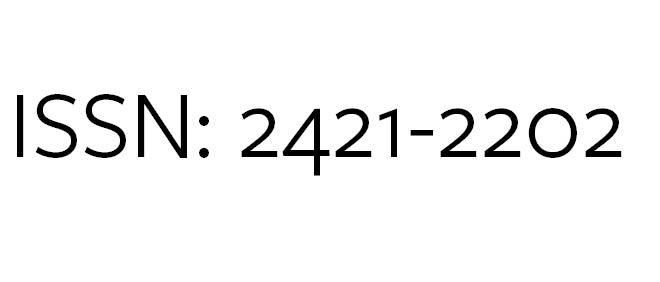Gender differences in the relationship between perceived job insecurity and emotional exhaustion: a study on temporary agency workers in Portugal
Marianna Giunchi, Federica Emanuel, Maria José Chambel, Chiara Ghislieri
Job insecurity (JI) is related to negative consequences at both individual and organisational levels. So far, few studies have analysed the relationship between JI and ill-being indicators using a gender perspective. This study, referring to the jd-r model, analyses the relationship between JI, certain job demands and job resources (workload and autonomy), and emotional exhaustion. The study involved, through a self-report questionnaire, a sample of 420 Portuguese temporary agency workers. The results show that only in the male subsample does JI have a statistically significant relationship with emotional exhaustion. This study helps to expand knowledge of employment dynamics, with reference to the role of JI. The study highlights the implications for counseling.
Keywords
temporary agency workers; job insecurity; gender differences; emotional exhaustion.



